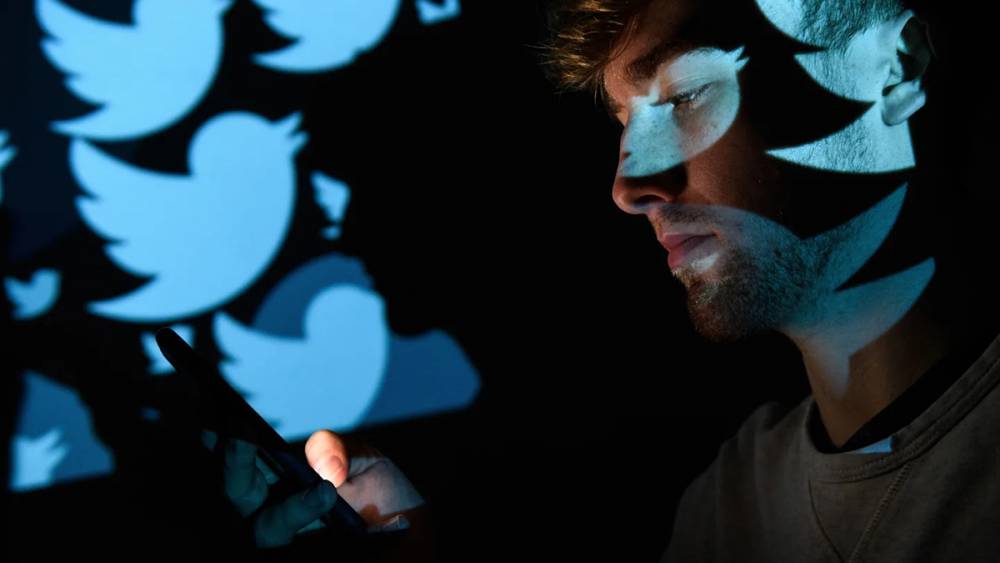
Twitter Launches Birdwatch To Combat Misinformation
Twitter launches Birdwatch to combat misinformation
Twitter has announced plans to expand the use of Birdwatch as part of its ongoing effort to combat misinformation on the platform.
In a tweet, the social media platform informed users that they may see Tweets containing Birdwatch notes across all devices.
The new feature, which is currently only available to a small number of pilot participants, requires users to add notes to misleading tweets that provide additional information. In January, the social media giant launched a pilot version of the product, describing it as a community-based approach to misinformation.
Twitter's VP of Product, Keith Coleman, stated in a blog post explaining the new feature that the move was made to "broaden the range of voices" addressing misinformation.
How does Birdwatch work?
The Birdwatch feature includes two notes: those that are currently rated as helpful and those that are not currently rated as helpful. As a result, users can rate tweets that are displayed as the former in order to elevate the most beneficial ones.
If, however, all notes on the tweet are currently rated as unhelpful, no card will appear, but users can still access the feature by clicking on the icon.
The big picture
Facebook announced a new feature last month that prompts users to read articles they intend to share. Last year, Twitter introduced a similar feature that reminded users to read the articles they were about to retweet.
Facebook has also utilized the Oversight Board's services to combat false information on the platform, with the board last month upholding Donald Trump's ban. Twitter's decision to launch Birdwatch is distinct from Facebook's in that it allows users to decide.
While it appears that social media platforms are finally taking misinformation seriously, after releasing several features with varying degrees of success in the past, the jury is still out on these efforts.
What should be the role of social media platforms?
In January, in response to former US President Donald Trump's tweets, supporters of the president stormed the Capitol, attempting to overturn the election results. Following that, Twitter suspended the President's account on the grounds that it incited violence.
Twitter deleted a tweet this week from Nigerian President Muhammadu Buhari in which he made reference to the Nigerian Civil War.
As was the case with Donald Trump, the move has drawn criticism from a variety of quarters. Critics view such interventions as a stifling of free speech, despite the fact that the majority of social media platforms pride themselves on their commitment to free expression.
According to Top10VPN, Sub-Saharan Africa lost $2.16 billion in 2019 due to Internet or social media shutdowns. This could have serious economic consequences.
On the other hand, victims of online abuse have repeatedly urged social media platforms to take a proactive role in combating issues such as racism that frequently occur on these platforms. The English Premier League (EPL) suspended social media activity in April in protest of online abuse directed at players.
As social media platforms grow in power, the question of who is responsible for policing abuse persists. Should governments bear this responsibility, or should platforms retain this authority?
Courses and Certification
Twitter Marketing Course and Certificate
Social Media Course and Certificate
Social Media Marketing Course and Certificate
Internet Marketing Course and Certificate

